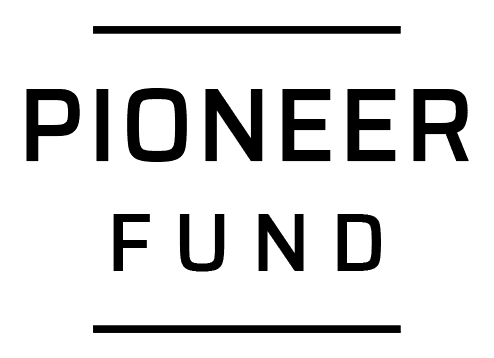Startup Spotlight: Basis
Startup Spotlight is an interview series where we ask health, fitness, and wellness startups that use Terra, to share their wisdom from their own journey to success and also where they see fitness data going in the future.

In this Spotlight, we connected with George Georgallides, CEO and founder of Basis, the personalized health + wellness optimization consumer app.
We're building the missing link between health data and their practical utility in our day-to-day lives
Today, we use wearable data to understand your physiological state and calendar + location data to provide actionable recommendations around real-time context. With that information today, we're helping thousands of people reach higher levels of personal productivity, athletic performance & overall well-being.
I spent years building at different intersections of healthcare and performance optimization; from medical devices and consumer supplements to elite sports competitions and the military.
From those experiences, I learned that:
- Our day-to-day decisions have the biggest overall impact on our health.
- The only way to understand the impact those decisions have is through continuous physiological tracking from wearables and other user-driven inputs.
- In order to motivate people to engage in continuous tracking, we need a personalized + context-rich solution to drive positive behavioral change. The first part was a fairly conventional takeaway.
I had a conviction that the data infrastructure would be developed over time to support #2. So, I focused on figuring out the solution that could deliver #3. I went through hundreds of research papers and spent hours on online communities like quantifiedself.com, subreddits, hackernews, and the like to understand which lifestyle levers to prioritize and why despite all this being conventional wisdom, we still failed as a population to do better. I started solution testing by publishing personal experiments on those same communities and ultimately was able to focus in on the idea that had the most community excitement (about 1,000 early adopters signed up in the span of 3 days).
How did you turn the idea into a company?
A lot of customer interviews, prototypes, and user onboardings from those initial signups. Once I got through the initial customer discovery and proof of concept phase, I tapped some engineer friends who were ex-athletes and ex-military like myself to come build the vision together. We got our first revenue and first funding shortly thereafter.
Everyone's unique, not just in how their body responds, but also in how they process information and the variables that influence their daily lifestyle decisions.
In an ideal world, we'd like to automatically and passively capture every single relevant interaction a person has in a day and understand how it impacted their body. But unfortunately, we're not there yet e.g. meal and mood tracking still relies heavily on user input. And creating a product that enables for fast and easy user input is a challenging proposition. So in a way, our biggest challenge and simultaneously biggest opportunity is building the user experience that envelops the health data in a way that users find engaging.
Before I even thought of fundraising, I wanted to validate that I could deliver value with the product.
I did hundreds of customer interviews in the first 3 months, and many of those customer interviews became early design partners + users. The fundraising process evolved naturally from there when some of those users wanted to invest and then again when they vetted me to their investors.
Health data is at the core of what we do.
We rely on continuous wearable data syncing to understand what's going on physiologically and provide helpful, actionable, and timely insights to our users. To start off, we sync wearable data from as far back as a user has data available to build a profile of habits, trends, and personalized insights. Throughout the day, we continuously sync data like heart rate, active calories, sleep, motion, and HRV to analyze, assess and motivate our users to act in the direction that's most positive towards their daily goals and physiological needs.
From an infrastructure standpoint, interoperability was a big challenge until Terra came around.
Once the data is there, data management and usage is the next frontier i.e. how do you use that data to create useful models, insights, and recommendations. From an end-user perspective, it's all about reducing friction points to instant gratification. Health tracking and health education isn't a sexy topic - it's actually pretty boring to most. So how you present that information is extremely important. Complex graphs, abstract health terms, and long click funnels are the status quo and the biggest reason why over 60% of people we interviewed were either considering dropping their wearable or had already done so. But feeling energetic, having the ability to focus deeply on a task, being able to wake up rested, not feeling anxious, and feeling physically fit are all short-term feelings that people can get excited about and can take a simple action almost every day to work towards or prevent one or more of those. And that's the part we're continuously working with our users/design partners to improve.
I believe that user-generated health data will become the primary way in which we manage our health & well-being in the future.
The expected growth of wearable device penetration globally, at-home on-demand testing, new health data types becoming available at a lower cost and a more continuous basis (e.g. glucose, cortisol), hardware form factors that eliminate user error (e.g. implantables) and expanded interoperability beyond the health data spectrum (e.g. food delivery, home IoT, transportation etc.) can all lead to a much more seamless experience in making better daily health, wellness and fitness decisions.





